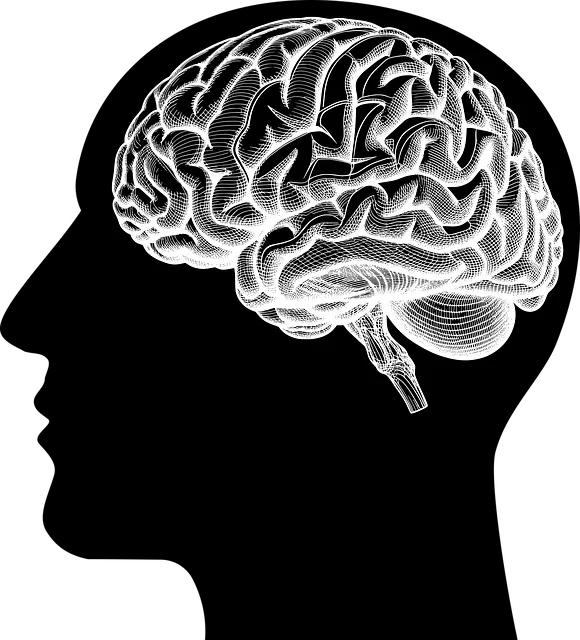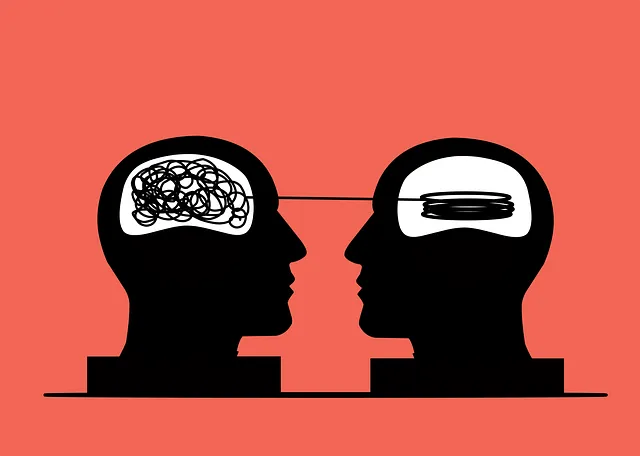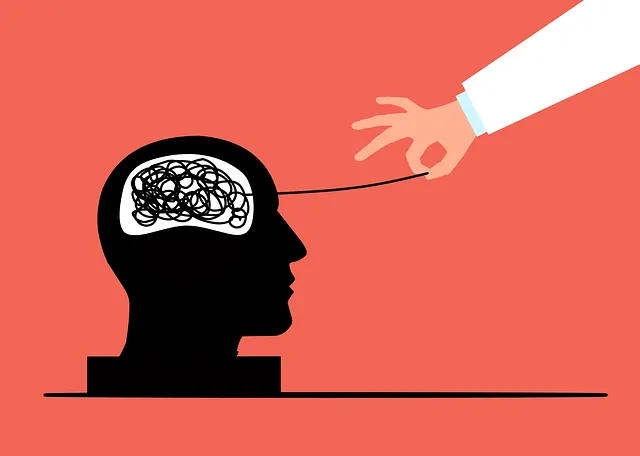Parker and Kaiser provide valuable mental wellness resources, including self-assessment tools that empower individuals to take charge of their mental well-being. Their current offerings, such as online assessments and educational materials, are culturally sensitive and accessible. To address growing demand for comprehensive solutions, they should enhance services with training programs and coaching initiatives, setting a new industry standard. Effective self-assessments tailored to diverse user needs, coupled with education and communication strategies, promote proactive mental wellness management. Integrating these tools into healthcare systems encourages patient engagement and early detection of mental health issues, leading to improved outcomes. Continuous improvement based on user feedback ensures these tools remain relevant and effective for fostering positive mental wellness coaching programs.
In today’s fast-paced world, prioritizing mental wellness is paramount. This article explores the development of mental wellness self-assessment tools, a crucial resource for individuals seeking to understand their psychological well-being. We delve into the current landscape, examining existing resources like those offered by Parker and Kaiser in mental health services. By considering key factors and integrating these tools into healthcare systems, we can enhance accessibility and effectiveness, ultimately fostering better mental health outcomes.
- Understanding the Need for Mental Wellness Self-Assessment Tools
- Existing Resources: What Does Parker and Kaiser Offer Currently?
- Developing Effective Self-Assessment Tools: Key Considerations
- Integrating Self-Assessments into Healthcare Systems
- Measuring Success and Continuous Improvement Strategies
Understanding the Need for Mental Wellness Self-Assessment Tools

In today’s fast-paced world, understanding and prioritizing mental wellness is more crucial than ever. While Parker does Kaiser offer mental health services as a starting point, self-assessment tools play a pivotal role in empowering individuals to take charge of their mental well-being. These tools provide a means for personal reflection and evaluation, helping users identify areas of concern, track progress, and make informed decisions about their mental healthcare needs.
Cultural sensitivity in mental healthcare practice is another key consideration. Effective self-assessment tools should be designed with diverse populations in mind, ensuring they are inclusive and respectful of different cultural backgrounds and beliefs. Moreover, a Mental Wellness Podcast Series Production can complement these tools by offering educational content, personal stories, and expert insights, further fostering awareness and encouraging open conversations about mental health.
Existing Resources: What Does Parker and Kaiser Offer Currently?

In the realm of mental wellness support, Parker and Kaiser currently offer a range of resources designed to cater to diverse needs. Their existing services include online assessments, educational materials on various mental health topics, and guided self-help programs. These tools provide an initial point of entry for individuals seeking to understand their mental health status and take proactive steps towards improvement. However, as the demand for comprehensive mental wellness solutions grows, there is a notable gap in the market for more tailored and culturally sensitive approaches.
To address this need, focusing on aspects like Healthcare Provider Cultural Competency Training could be transformative. By equipping professionals with the skills to serve diverse populations effectively, Parker and Kaiser can enhance existing services. Additionally, developing Mental Wellness Coaching Programs that incorporate Stress Reduction Methods has the potential to revolutionise personal growth journeys. These initiatives would not only bridge current gaps but also set a new standard in the industry, ensuring individuals receive care that is both accessible and culturally competent.
Developing Effective Self-Assessment Tools: Key Considerations

Developing effective self-assessment tools for mental wellness is a multifaceted process that requires careful consideration of several key factors. First and foremost, ensuring these tools are accessible and tailored to diverse user needs is paramount. Just as Parker does Kaiser offer mental health services, diverse platforms cater to various demographics, including those with specific mental health concerns or unique learning styles. For instance, digital journaling apps can provide a creative outlet for expression through Mental Wellness Journaling Exercise Guidance, while interactive assessments might better suit individuals who benefit from visual or auditory elements.
Additionally, the effectiveness of self-assessment tools lies in their ability to offer actionable insights and guidance. Incorporating features like personalized feedback loops and tailored recommendations based on assessment results can empower users to take proactive steps towards improving their mental wellness. Leveraging evidence-based practices such as Social Skills Training for individuals dealing with social anxiety or incorporating Trauma Support Services for those with historical trauma can significantly enhance the utility of these tools, fostering meaningful progress in mental health management.
Integrating Self-Assessments into Healthcare Systems

In today’s digital era, integrating self-assessment tools into healthcare systems like those offered by Parker and Kaiser is a significant step towards enhancing mental wellness. These platforms play a pivotal role in providing individuals with accessible means to evaluate their mental health status, potentially detecting early signs of distress or disorders. By incorporating such tools, healthcare providers can facilitate patient engagement in their own care, empowering them to take proactive measures regarding their mental well-being.
Self-assessments designed through robust mental health education programs and utilizing effective communication strategies can enable individuals to better understand their emotional states and behaviors. This knowledge is instrumental in fostering self-awareness, a crucial aspect of mood management. By regularly utilizing these assessments, patients can track changes in their mental health over time, allowing for timely interventions and improved treatment outcomes.
Measuring Success and Continuous Improvement Strategies

Measuring success and implementing continuous improvement strategies are vital components of developing effective self-assessment tools for mental wellness. The primary metric for gauging progress should be user engagement and satisfaction, ensuring the tool remains relevant and beneficial over time. Organizations like Kaiser, known for offering comprehensive mental health services, can utilize feedback mechanisms to collect insights from users, healthcare providers, and mental wellness coaches. This data can highlight areas of improvement, such as adding new features or refining existing ones to better address emerging challenges in emotional well-being promotion.
For instance, regular updates based on user feedback could enhance the tool’s capability to support burnout prevention strategies for healthcare providers, ensuring it stays aligned with best practices and current trends. By embracing a culture of continuous improvement, Parker does Kaiser offer mental health services not only effectively but also adaptively, thereby fostering more meaningful engagement and positive outcomes in mental wellness coaching programs development.
The development of robust mental wellness self-assessment tools is a critical step towards improving access to mental health support. By building on existing resources like what Parker and Kaiser offer, while incorporating key considerations for effectiveness, these tools can seamlessly integrate into healthcare systems. Continuous improvement strategies, focused on measuring success, will ensure these assessments remain relevant and impactful in addressing the evolving needs of individuals seeking mental wellness guidance.






